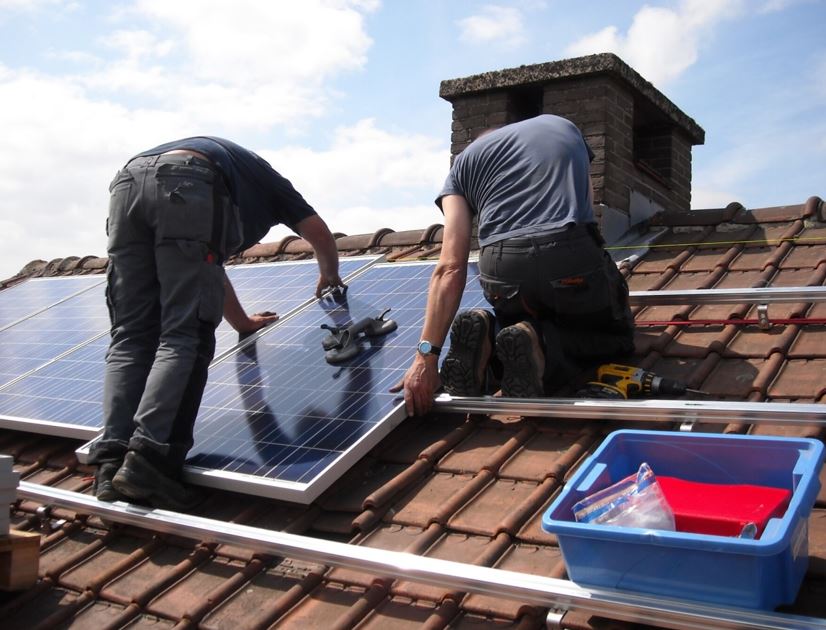In the last decade, solar has been growing at an annual average of 42%.
If you are interested in solar power but live in a less than sunny area, you probably want to know if it would be a good investment for you.
Keep reading and find out more about how solar panels work on rainy or cloudy days.
How Solar Panels Work
Solar panels need sunlight to work, but now all of the sunlight. Wait, what?
Yes, you read that right. It is actually photons, or particles of light, that cause the reaction in a solar cell that creates electricity.
The photons in sunlight cause a chemical reaction in the solar cells by causing electrons to break off of atoms. That energy is then converted into electricity. (You can read the science details on that in this article.)
Basically, sunlight hitting the panels gives them what they need to create electricity. The more direct sunlight exposure, the more electricity generated.
But photons are not present in just direct sunlight. Indirect sunlight (through rain, clouds, or shade) will still have photons to cause the reaction.
How Clouds Affect Solar Power Generation
Your solar panels can produce power on cloudy days, but it’s important to recognize that it will be at a reduced rate.
Your solar panels will produce at approximately 10-25% of their capacity on the most cloudy of days.
You can gauge how thick your cloud cover is by looking outside and seeing if you notice shadows. If you can still see shadows from things, like your mailbox, then some sunlight is still getting through.
If you cannot see any shadows, then the cloud cover is relatively thick and you’ll be in that 10-25% range.
Edge of Cloud Effect
At times you will reap the benefits of what is called the “edge of cloud” effect. This is a momentary boost to your solar production when the edge of clouds magnifies the sunlight coming through.
When this magnification point hits your panels you should see a boost in production. They don’t last long, but it’s fun to know about!
How Rain Affects Solar Power Generation
Here’s the deal, it’s not really the rain that affects your solar panels. It’s the clouds that come with the rain.
If you are worried about rain in Oregon or rain in Washington, remember that your solar panels will produce electricity when it’s rainy or cloudy.
When you live in areas like this a good solar company will help you estimate solar savings and take into consideration the potential need for extra panels.
Keep in mind that rain will help keep your solar panels clean. When they are clean they produce better.
Go Solar in Less Than Sunny Circumstances
While clouds and rain do have an impact on how solar panels work, they are still a great investment. Even in less than ideal climates creating your own solar energy can offset higher electric costs and make it worth your money.
Check out other great articles on a variety of topics from our website!















